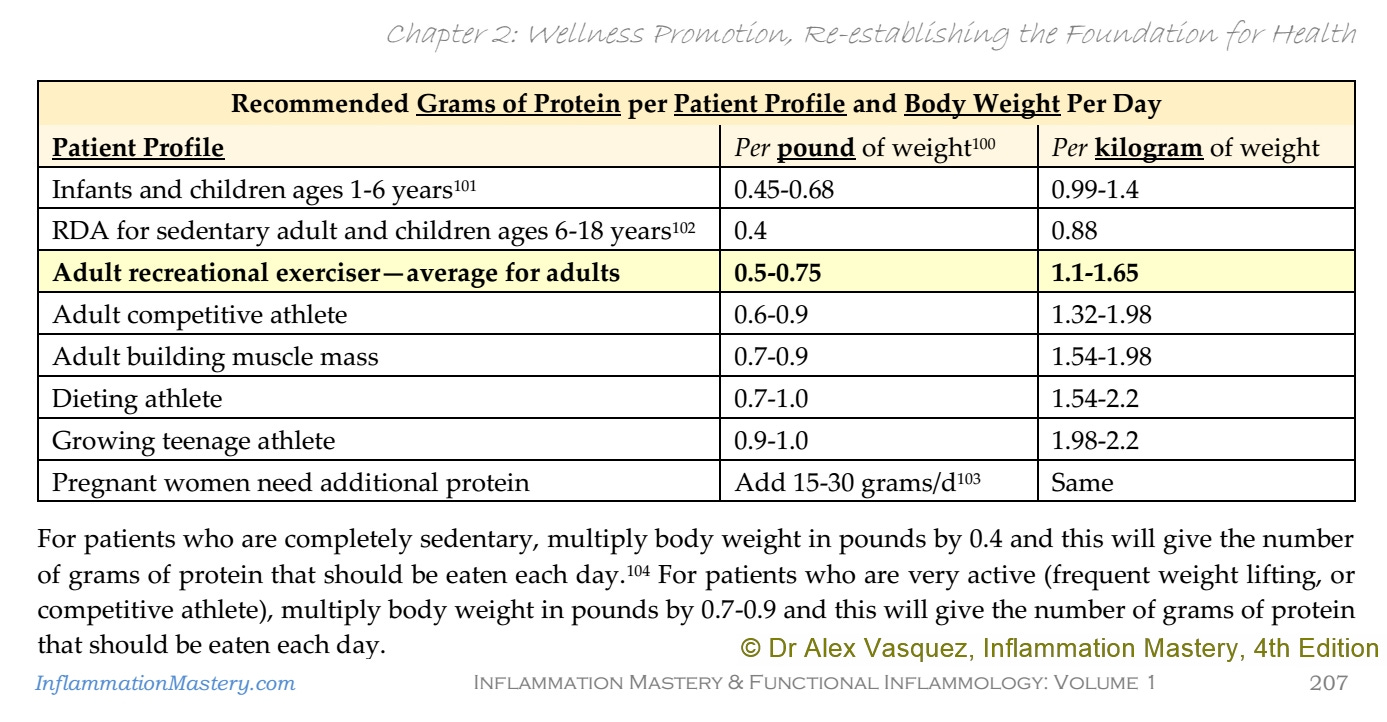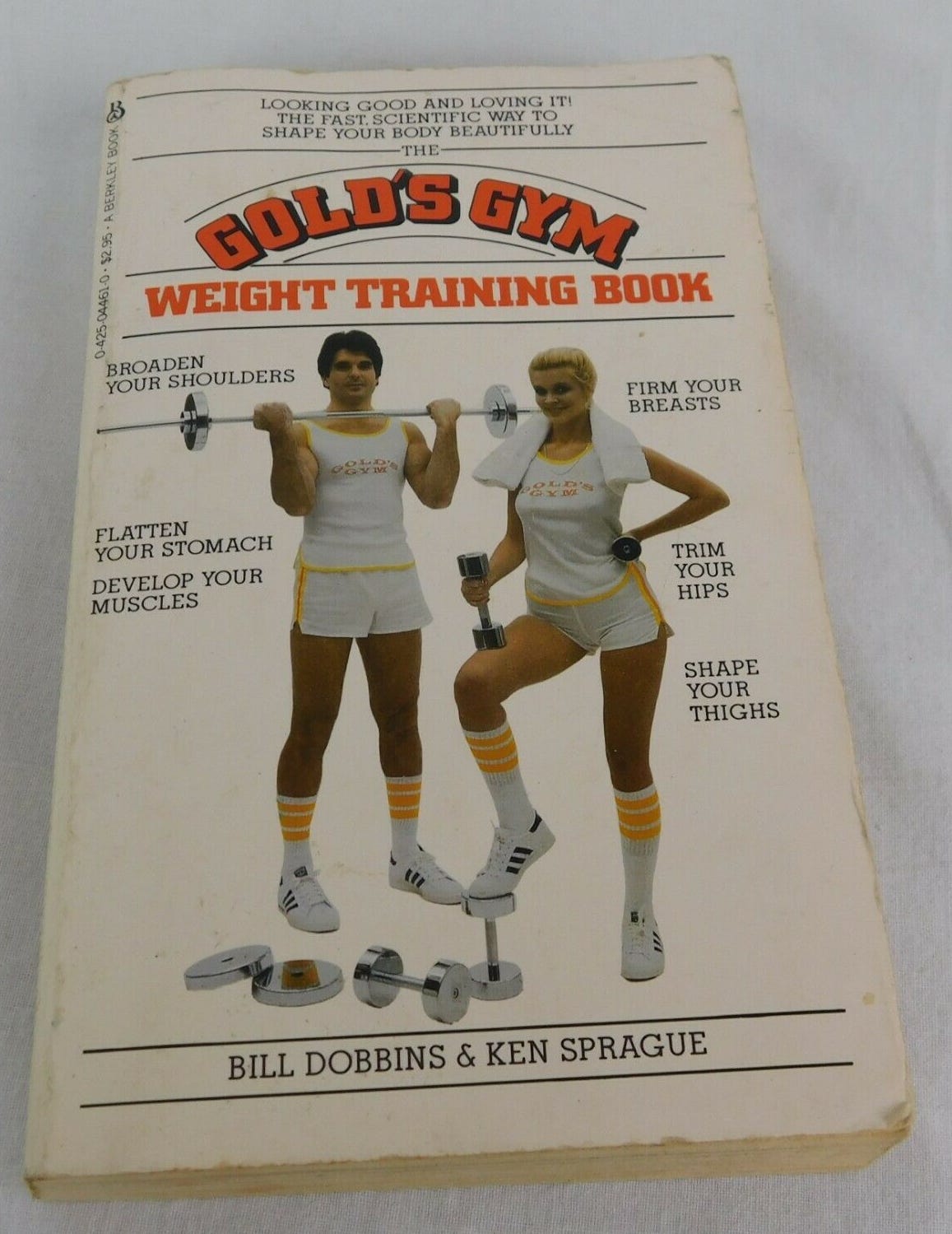QUICK CONSULT no7 on DIETARY PROTEIN INTAKE (2 videos, 2 PDFs) especially in Covid19/viral infection
I discuss this at 3 different levels: 1) general recommendations, 2) renal determination of amino acid catabolism, 3) new research relevant to acute infections and Covid19... later I will add more
This is no7 in the series on QUICK CLINICAL CONSULTS
Note that Substack has a new app for iOS-Apple:
Here on this page, I will discuss the topic of dietary protein intake at 3-4 different levels:
1. General recommendations
Recommendations are different for various populations and ages
2. TWO VIDEOS renal determination of amino acid catabolism
As I’ve said before, urinary pH determines renal handling of amino acid metabolism
3. TWO PDFs new research relevant to acute infections and Covid19
New research shows that low protein levels in the blood correlate with and predict severe Covid, but this does not necessarily imply that these patients need increased protein intake. Here, I discuss feedback and vicious cycle mechanism that cause this correlation; once we have an understanding then the interventions are obvious.
4. Hormonal effects:
I think that I will save this conversation for later in the year
Let’s get started
1. General recommendations
Recommendations for dietary protein intake have been remarkably stable and consistent for the past 20 years; when adjustments have been made, they have been in the upward direction, advocating for more (not less) protein intake.
Since the publication of my first book in 2004 all the way to the most recent 4th Edition of Inflammation Mastery, I have always included general diet and lifestyle information in Chapter 2, which focuses on the naturopathic medicine concept of “Re-Establishing the Foundation for Health.”
For most adults (who should be considered recreational exercisers), protein intake recommendations are roughly 0.75 grams per pound or up to 1.65 grams per kilogram of (ideal) body weight.
For me at a normal body weight of 220 pounds or 100 kilograms, this means that I need to aim for 165 grams of protein per day. Let me tell you: that takes some effort.
Meeting protein intake goals generally does not happen by accident or casual approach; it takes effort and intention.
From my early years in clinical practice, I’ve observed that many people need to increase their protein intake in order to improve their mood, immunity, and healing; later (subtopic no4) I gained a better understanding of the hormonal effects of protein intake. Many people with so-called “chronic musculoskeletal inflammation” such as tendonitis and lateral epicondylitis appear to be “stuck” in a state of non-healing because their diets are not providing enough protein to facilitate tissue healing; give them more protein and their muscles and tendons can actually heal, thereby alleviating the associated pain and disability.
I’ve always been conscious of the importance of protein intake, perhaps because the first book I ever read on nutrition back around 1985 (when I was 14 years old) was Gold’s Gym Weight Training Book. I mention that here only for historical reference and (dry) comic relief.
I am very aware of the arguments in favor of vegan and vegetarian diets for athletes, who may or not focus on protein intake nor use protein supplements. I think that we have at least three explanations for how some select people appear to survive and thrive on a lower-than-expected protein intake:
genetic luck, metabolic efficiency,
optimized renal handling of amino acid metabolism as discussed below in the videos,
hormonal changes that facilitate compensation as discussed in the upcoming part4.
2. VIDEOS: Renal determination of amino acid catabolism
As I’ve said before, urinary pH determines renal handling of amino acid metabolism.
See video reviews provided below + the additional explanations.






